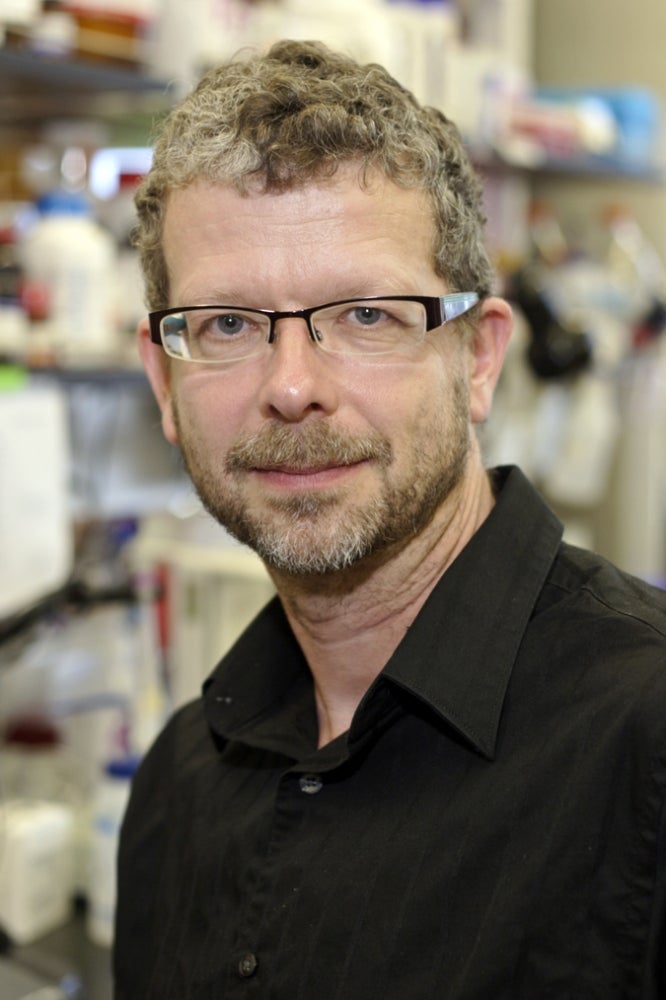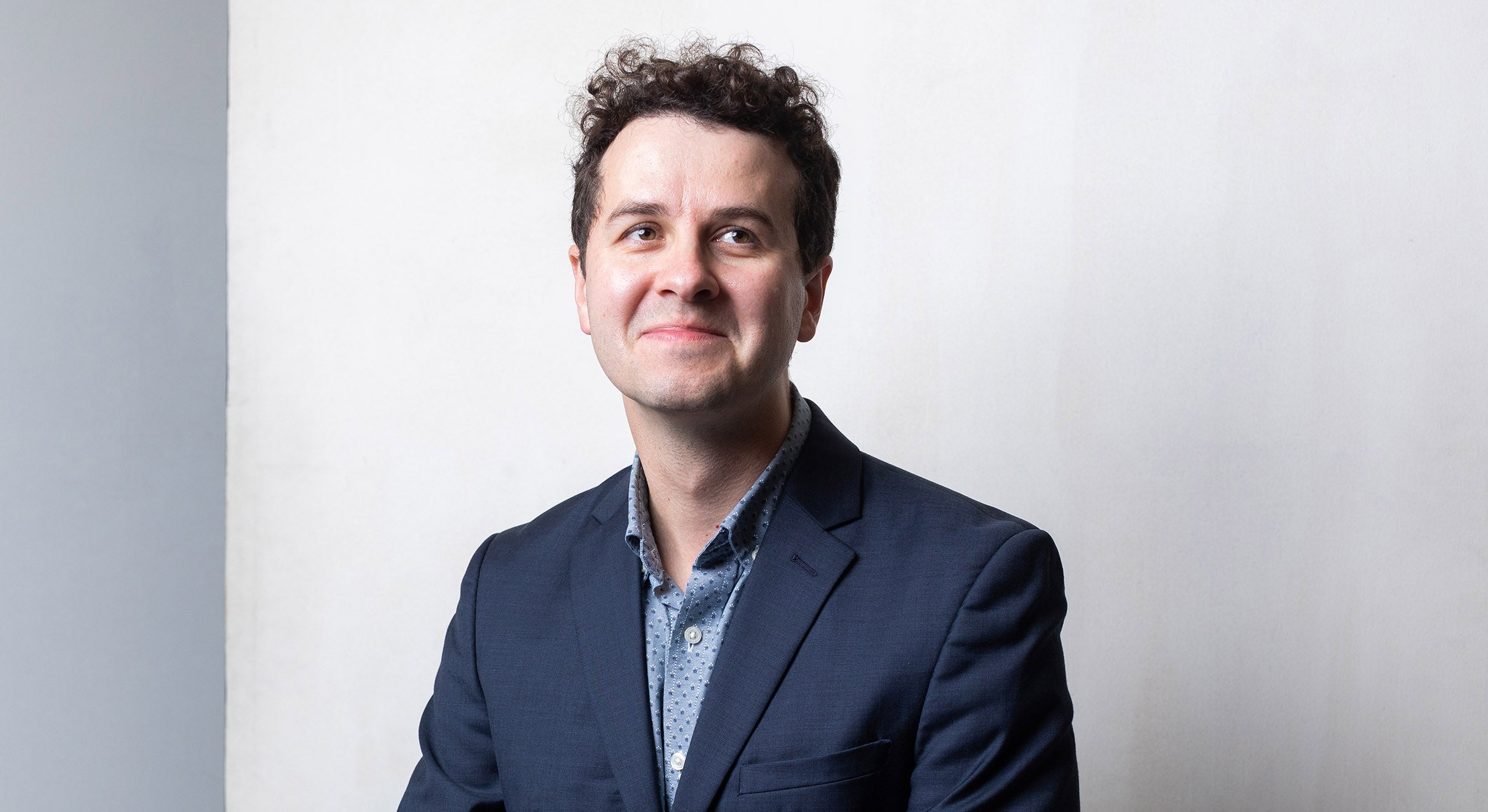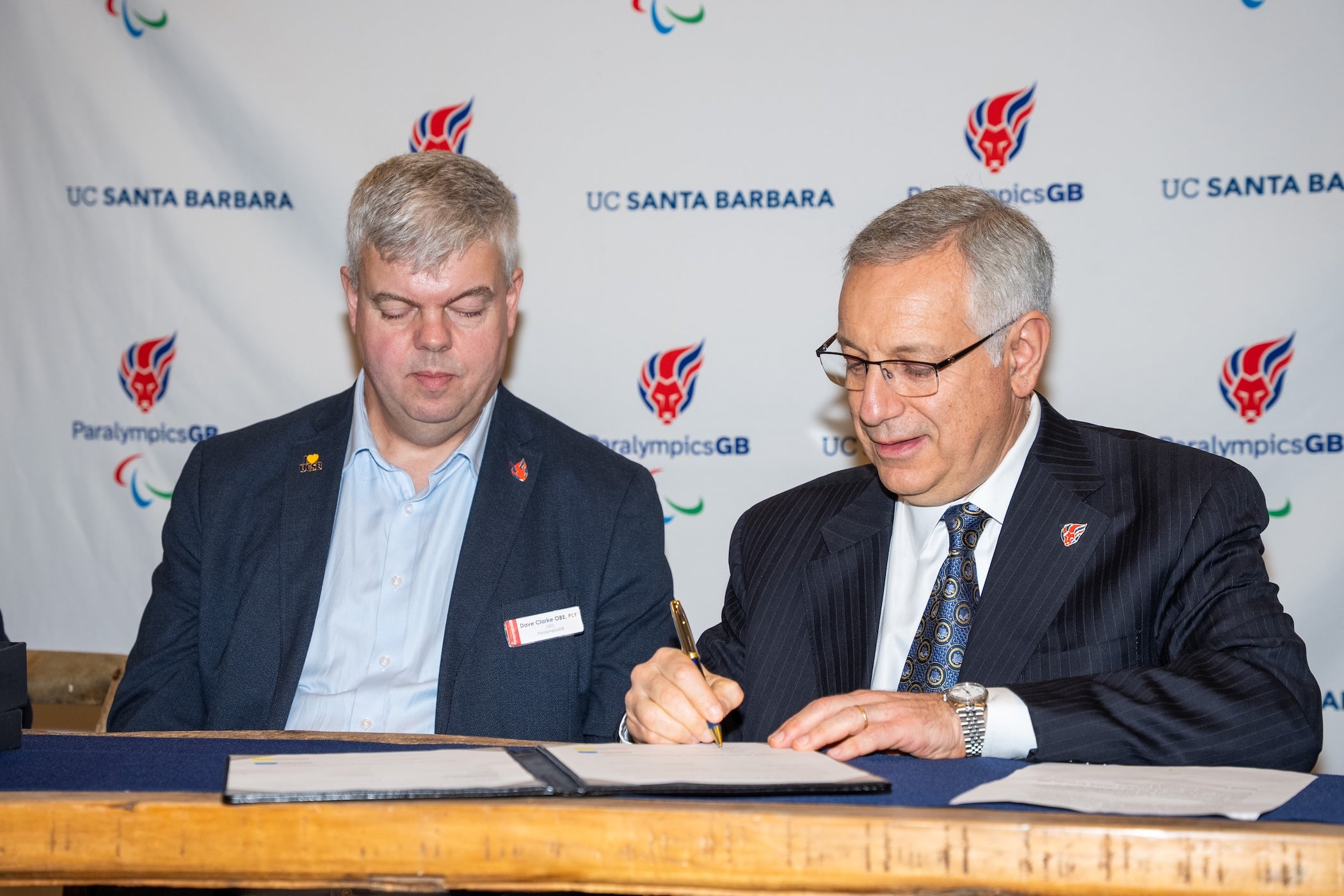
Biologist Joins Grant-Reviewing Body of the National Institutes of Health
Thomas Weimbs, one of the world's leading experts on polycystic kidney disease and an associate professor in UC Santa Barbara's Department of Molecular, Cellular, and Developmental Biology and at the campus's Neuroscience Research Institute, has been appointed as a member of the Center for Scientific Review's Kidney Molecular Biology and Genitourinary Organ Development (KMBD) study section. The Center for Scientific Review is the portal for National Institutes of Health (NIH) grant applications and their review for scientific merit.
"It is an honor to be a member of an NIH study section," said Weimbs. "It goes to emphasize that there is a lot of medically relevant research being conducted at UCSB even though we don't have a medical school here."
Research in the Weimbs Lab focuses on two related areas of investigation: autosomal-dominant polycystic kidney disease (ADPKD) and epithelial cell polarity and important cellular proteins essential for the transport of membranes inside cells. ADPKD is a very common genetic disease that leads to kidney failure and for which no approved treatment is available.
"Congratulations!" wrote Chancellor Henry T. Yang in an e-mail to Weimbs. "Your service in this critical NIH position is a reflection of your renowned research expertise and achievements in kidney disease, and will help to further advance national biomedical research."
As a standing member of the KMBD study section, Weimbs will review dozens of NIH grant applications each year of his six-year term. "Every grant that is being reviewed by the NIH first goes through a study section, which is really the technical, scientific review," he said. "During the study section review, every grant discussed receives a score and then is ranked."
Several days before a scheduled meeting, study section members post their review and score for each application online. Only then can they see their colleagues' postings as well.
"That allows for an initial unbiased review, and then gives you a chance to start reading what others think about this particular grant, so you can prepare yourself for the discussion," explained Weimbs. "Usually, discussion is the longest with applications that have disparate scores.
"I think the Center for Scientific Review is the cornerstone of NIH grant funding," said Weimbs. "All grants are peer reviewed so none of us in the study section work for the NIH; we are all scientists with overlapping but distinct areas of expertise at different research institutions. The NIH goes to great lengths to make this a transparent and fair process."
Related Links



